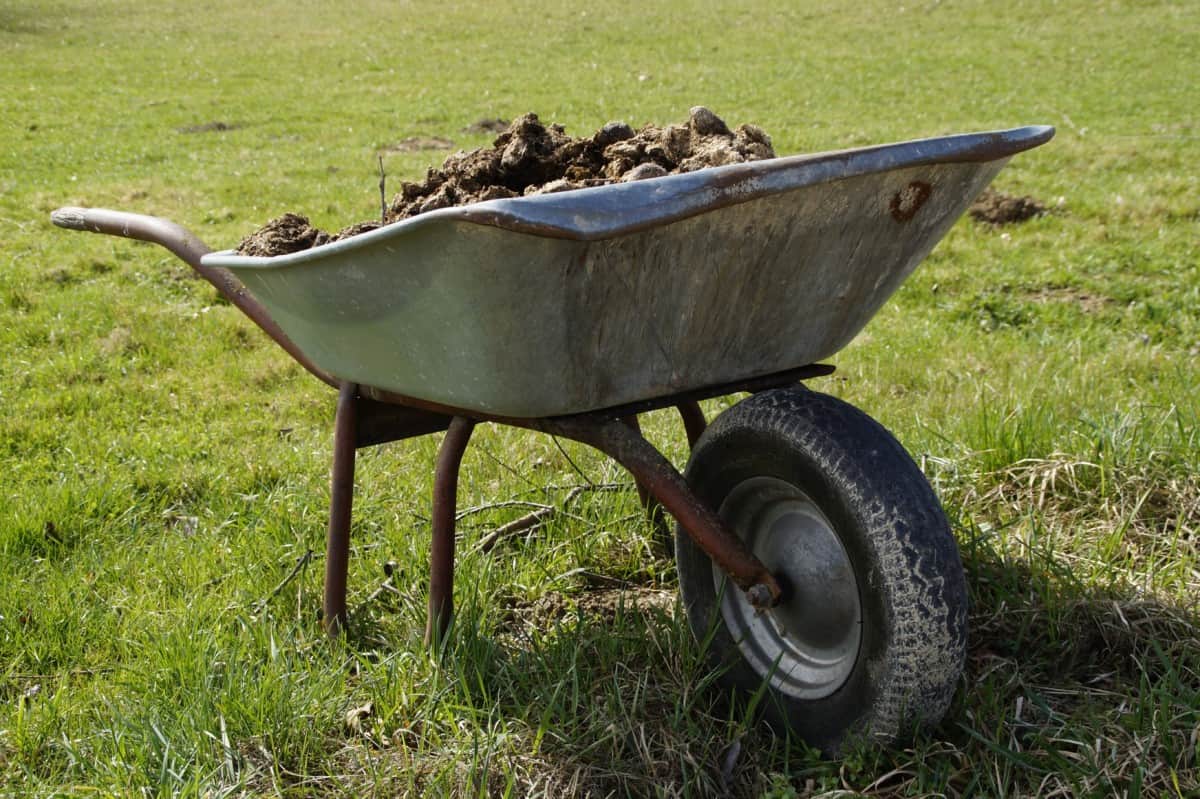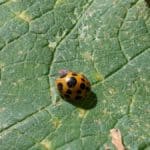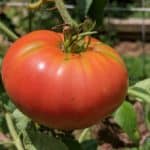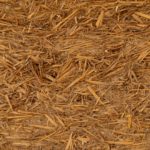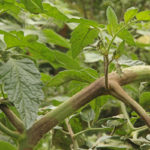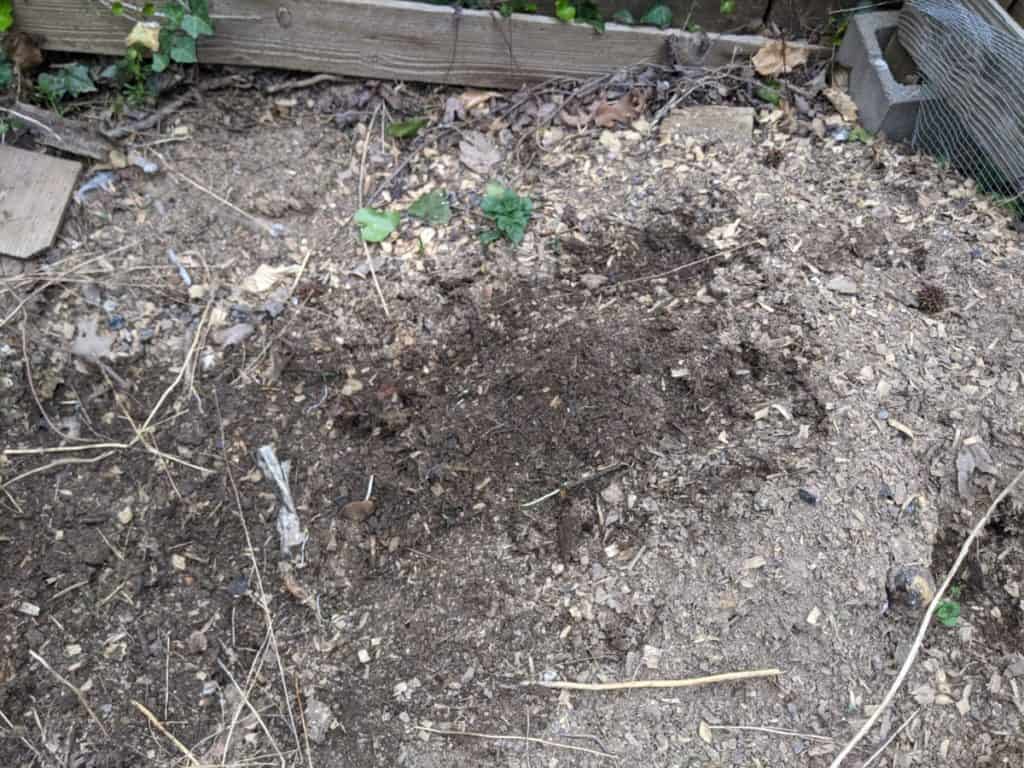
For your vegetable garden, you only want the best to make sure that you can grow a high volume of vegetables and get a high crop yield.
To ensure you get the most from your vegetables, you need to have the right soil and healthy soil for your vegetables to grow in and get their nutrients from so that the plant is happy and healthy, which will allow it to produce more. So, what is best to use in your vegetable garden, manure, or compost?
Both compost and manure have good nutrition in them to keep your plants healthy, and they are easy enough to use in your vegetable garden. However, they both do have some cons as well. The choice as to which one you use depends on personal preference. However, you should do your research.
A gardener can find it tricky to decide which one of these two is best for their garden and vegetables. Which one will make your garden soil full of enough nutrients to sustain the vegetables in your garden? There are pros and cons to both manure and compost. Let us go through them.
Compost For Vegetable Gardens
Compost is a naturally occurring organic waste from the process of decomposition of organic materials. Compost is created all around us in the natural environment, from the leaves in your garden to the cut grass from your lawn and many other materials found in nature. Composting statistics tell that more and more people compost each year.
You can recreate this process in your garden to enrich your soil, making a nutritious compost to fertilize your vegetable garden with to increase the plant’s health. A few organic materials that you can make compost in your garden include eggshells, vegetable or fruit waste from your kitchen, and coffee grounds, and many more.
So, what are the pros and cons of using compost in your vegetable garden?
Pros For Compost
Compost is easy to make yourself, so there is no need to go and buy expensive bagged compost from your local gardening shop, and making your own lessens the amount of kitchen waste you will have in your trashcans as you can use most of it in your compost pile.
Compost also attracts earthworms to your vegetable garden. Earthworm’s movements in the soil make the structure of the soil better by aerating the soil. This allows the soil to have better water drainage and enables the transfer of minerals to go unimpeded.
Compost improves water and oxygen permeability in your vegetable gardens soil, improving the soil’s structure. Compost also increases soil binding and can help your soil resist compaction, which helps reduce erosion.
Compost releases its nutrients quite slowly into the soil. This allows the nutrients and other benefits to last in the ground for your vegetables’ whole growing season.
Compost has beneficial microbes in it, which assist in the protection against soil-borne diseases that may try to attack your vegetables.
Compost stabilizes the pH levels in the soil. This may help neutralize soils in your vegetable garden that aid in resisting pH change in your soil, which can change how your plants take up nutrients from the soil. This is a significant benefit to note as a healthy pH level in your soil allows your plants to get a better quality of nutrients.
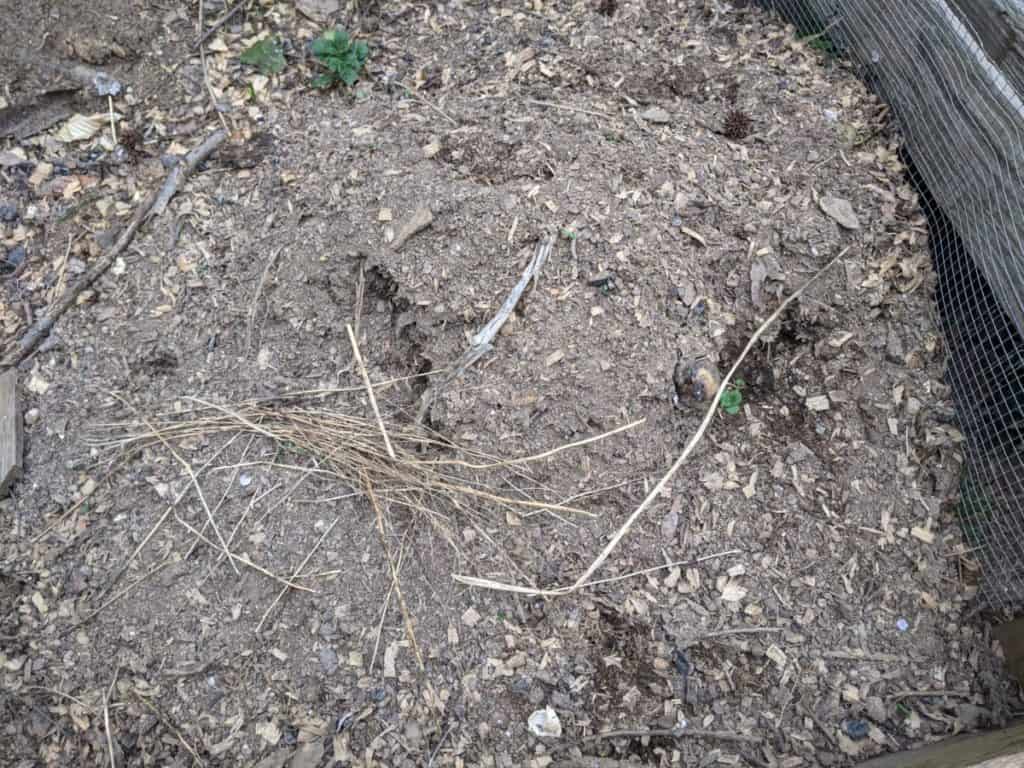
Cons For Compost
The process of making compost can be a stinky situation as the organic material decomposes, especially if you do not turn your compost enough. So, be sure to regularly turn your compost pile to ensure that the organic material decomposes evenly.
If you put too many green organic materials in your compost, such as green grass from your cut lawn, then this can cause a build-up of excess nitrogen in your compost, which will give it an overwhelming smell of ammonia. If you use this compost with excess nitrogen, it can burn your vegetables in your garden.
Compost can be expensive to keep it going as you need to add organic materials into it on a regular basis. Compost also requires a lot of planning, time, and monitoring. If you want to start your own compost pile, you will need enough space, organic material, and time to monitor the compost every day to ensure it is adequately turned.
If you are buying your compost from your local gardening store, the compost may be more expensive than other fertilizers.
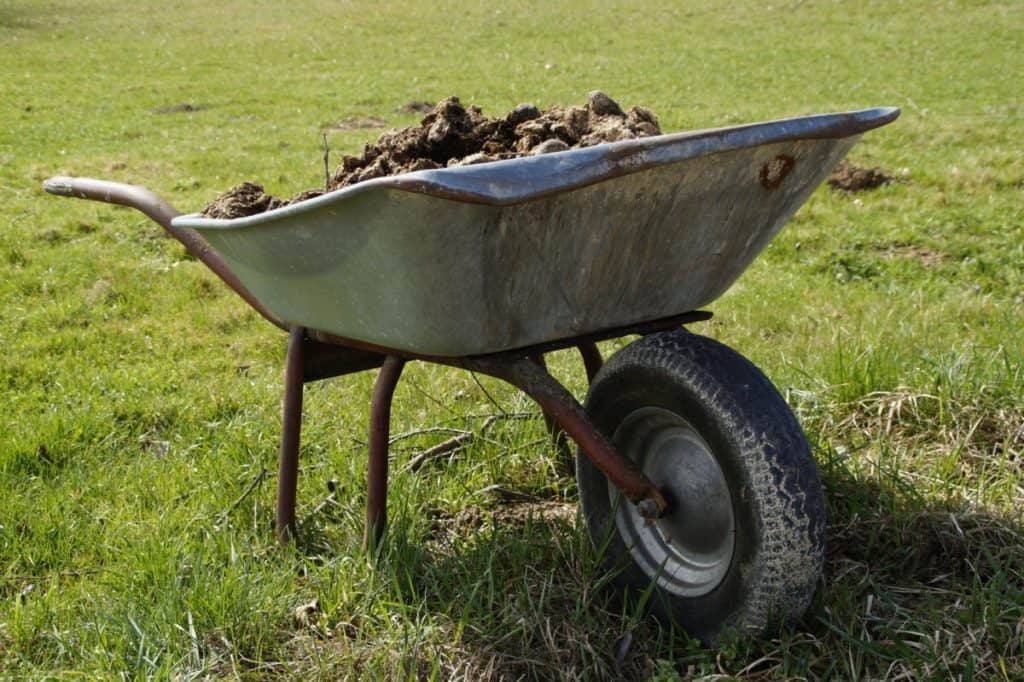
Manure For Vegetable Gardens
Manure is defiantly a stinky option for fertilizing your vegetable garden, especially when it is fresh, as it is the by-product of animals’ foods. However, when the manure is dried or left to decompose for a while, the smell tends to dissipate, and it generally smells like other fertilizers.
Fresh manure can be used in your garden; however, it is not recommended for vegetable gardens as this can cause problems.
You should look for manure that comes from basic farm animals like chickens, cows, goats, and horses, and not from household pets like dogs and cats or any other meat-eaters as their manure is not nutrient-rich and can carry bacteria that are harmful to humans.
Pros For Manure
Manure has a high nitrogen level in it due to passing through large animals’ intestines. This high nitrogen level is good for vegetable gardens as it keeps the plants healthy and happy.
Manure from free-range chickens and rabbits has a low chance of bringing weeds into your garden as the weed seeds are usually broken down in the animal’s stomachs. Manure also has a lower chance of bringing in any pests into your vegetable garden.
Adding manure to your vegetable garden can help increase the soil’s water retention and improve the water drainage in the soil. Manure improves the overall health of your vegetable gardens soil.
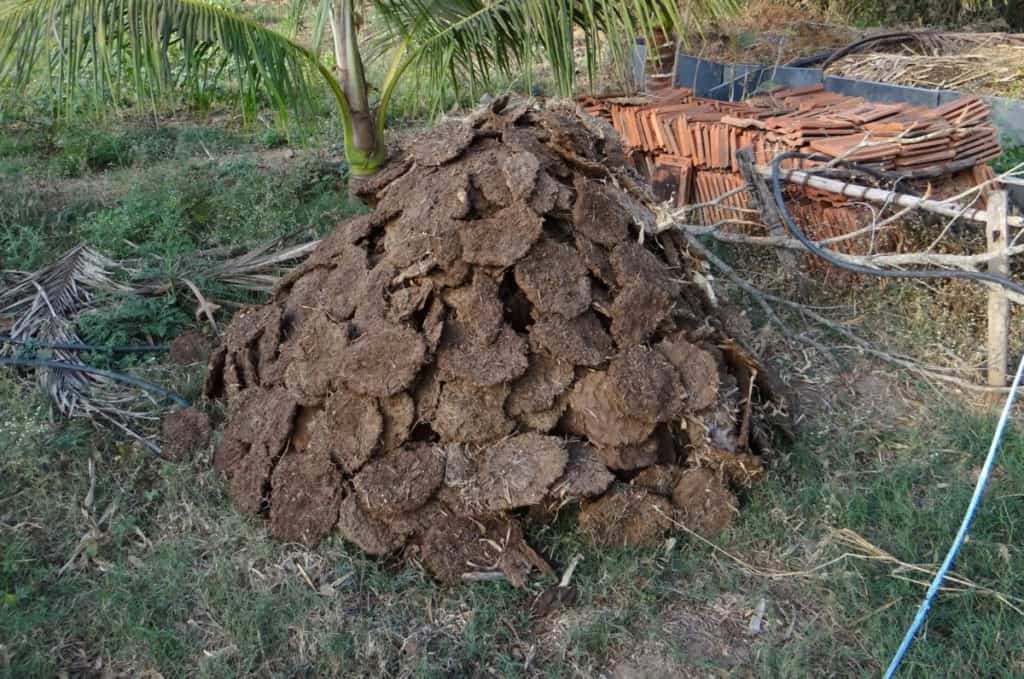
Cons For Manure
Manure that is applied to soil when it is too fresh has a high chance of burning your plant’s roots, as it contains too much nitrogen that plants will not be able to handle. This could also cause your vegetable plants to only grow big leaves and have a very low crop yield.
If you use manure that is too fresh, it can dehydrate your vegetable plants. Manure can also carry potentially harmful parasites in it, such as tapeworm, E. coli, Salmonella, Giardia protozoa, and many more. The risk of these parasites being in your manure is relatively low, but it should still be taken into account.
The best way to ensure that your manure does not harbor any of these parasites is to leave your manure to stand for a few days before you use it to make sure that they are killed off.
Although the risk of having weed seeds in your manure is low, there is still a possibility of you getting some weeds in your garden due to the manure. However, this depends on the type of animal you get the manure from.
Which One Is Best For A Vegetable Garden
The best choice between compost and manure for your vegetable garden is a personal preference. Some people choose to use compost, some choose manure, and some people even use both in their gardens.
Both compost and manure have a high nutrient level that will keep your plants healthy and help your soil to stay in good shape throughout the growing season.
Suppose you want to have more control over the level of nutrients and the variation of nutrients present in your soil. In that case, you may want to choose compost, especially if you can make your own, as then you can apply the organic material yourself, in the quantities that you require for your vegetable garden.
If you are not bothered by the nutrition level or variation, and you have access to good quality manure, then manure is still a good option for you.
Conclusion
Both compost and manure have their pros and cons. However, they are both excellent for your plants, and they will both provide the right nutrition for your vegetable garden if you use them correctly and in the right amounts.
They are both made from organic material, so you can start your own compost pile or manure pile easily in your garden if you have the time to monitor it properly and you can deal with the smell, make sure they are as far from your house as you can get them for this reason.
The choice is yours for which will be most suited to your vegetable garden. Happy Planting!

